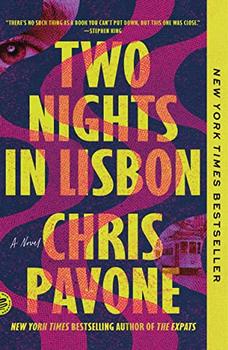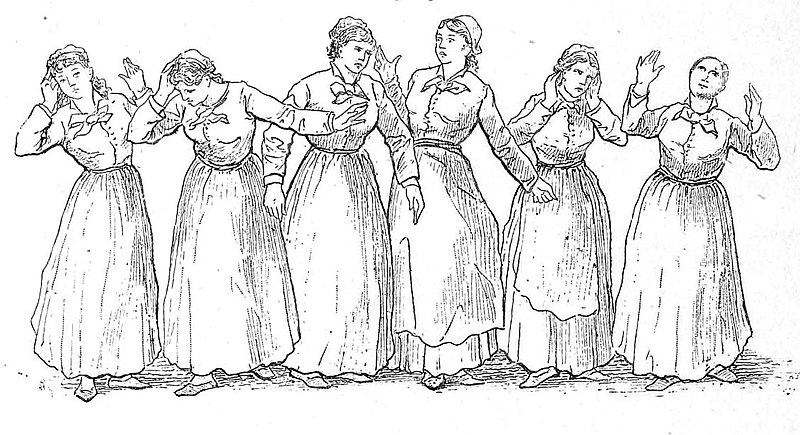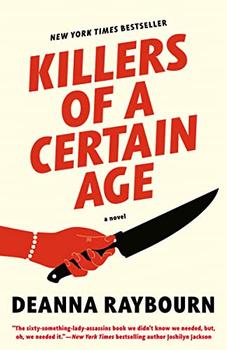Summary | Excerpt | Reading Guide | Reviews | Beyond the book | Read-Alikes | Genres & Themes | Author Bio

A Novel
by Chris PavoneTautly wound and expertly crafted, Two Nights in Lisbon is a riveting thriller about a woman under pressure, and how far she will go when everything is on the line.
You think you know a person...
Ariel Pryce wakes up in Lisbon, alone. Her husband is gone―no warning, no note, not answering his phone. Something is wrong.
She starts with hotel security, then the police, then the American embassy, at each confronting questions she can't fully answer: What exactly is John doing in Lisbon? Why would he drag her along on his business trip? Who would want to harm him? And why does Ariel know so little about her new―much younger―husband?
The clock is ticking. Ariel is increasingly frustrated and desperate, running out of time, and the one person in the world who can help is the one person she least wants to ask.
With sparkling prose and razor-sharp insights, bestselling author Chris Pavone delivers a stunning and sophisticated international thriller that will linger long after the surprising final page.
CHAPTER 1
LISBON, PORTUGAL
DAY 1. 7:28 A.M.
Ariel awakens, alone.
Sunlight is streaming through the gap between the shutters, casting a stark column of brightness on the wall, nearly painful to look at.
She's hot. She flings aside the sheet, toward the other side of the bed, where her new husband should be, but isn't. Her eyes jump around the room, as if hopping on stones across a stream, looking for evidence of John, but find none, plummeting her into the fast frigid water of a familiar panic: What if she's wrong about him? About this whole thing?
* * *
The bedside clock displays 7:28 in emergency red. Much later than she normally awakes, especially this time of year, the busiest months on the farm, when the birds begin chirping around four A.M., the fieldwork starts at dawn, dogs barking, men yelling above the noise of sputtering engines. It's hard to sleep through all that racket even if she wanted to.
Ariel has been an early riser ever since George was born, a matter of necessity ...
Despite the questions surrounding Ariel's motivation (Does she really care about John? Is she really who she says she is?), Pavone reassures the reader she is someone to root for. Within confessional nuggets, she constantly asserts to the reader that she is not a hysterical person. Paradoxically, this triggers a warning that she might not be the most reliable of witnesses. Yet we sense there is truth beneath her story as she states, "Sometimes what looks like panic is really rational self-preservation." We wonder who exactly Ariel is, this woman who not only knows how to "repair a leaky faucet...reignite a pilot light...and paint a patch of drywall" but how to "kill someone, using nothing but her bare hands." Pavone drops these scintillating breadcrumbs of information about the character at the end of chapters with calculated intent, enticing us to read further...continued
Full Review
(819 words)
This review is available to non-members for a limited time. For full access,
become a member today.
(Reviewed by Tina Choi).
 John Grisham, author of A Time for Mercy
I defy anyone to read the first twenty pages of this breakneck novel, then try to put it down for five minutes. It can't be done. The plot is too devious, the pace is too gripping, and the characters are seldom who they are supposed to be. This is smart suspense at its very best.
John Grisham, author of A Time for Mercy
I defy anyone to read the first twenty pages of this breakneck novel, then try to put it down for five minutes. It can't be done. The plot is too devious, the pace is too gripping, and the characters are seldom who they are supposed to be. This is smart suspense at its very best. Karin Slaughter, author of The Silent Wife
Chris Pavone's pacey, well-plotted thrillers are riveting and great fun to read, and Two Nights in Lisbon is his best yet. This one is not to be missed.
Karin Slaughter, author of The Silent Wife
Chris Pavone's pacey, well-plotted thrillers are riveting and great fun to read, and Two Nights in Lisbon is his best yet. This one is not to be missed. Lee Child, author of The Sentinel
Two Nights in Lisbon is sensationally good―timely, important, layered with ticking suspense, driven by an ominous drumbeat that accelerates like a panicked heart. My thriller of the year so far.
Lee Child, author of The Sentinel
Two Nights in Lisbon is sensationally good―timely, important, layered with ticking suspense, driven by an ominous drumbeat that accelerates like a panicked heart. My thriller of the year so far. Lee Child, author of The Sentinel
Two Nights in Lisbon is sensationally good―timely, important, layered with ticking suspense, driven by an ominous drumbeat that accelerates like a panicked heart. My thriller of the year so far.
Lee Child, author of The Sentinel
Two Nights in Lisbon is sensationally good―timely, important, layered with ticking suspense, driven by an ominous drumbeat that accelerates like a panicked heart. My thriller of the year so far. Lisa Scottoline, author of Eternal
I absolutely loved Chris Pavone's Two Nights in Lisbon, an unputdownable thriller that's his best novel yet. It stars a strong and savvy heroine who wakes up one morning to find her husband missing, and the action never lets up. This is a masterly, sleek, and sophisticated novel about love, marriage, and truth. Read it!
Lisa Scottoline, author of Eternal
I absolutely loved Chris Pavone's Two Nights in Lisbon, an unputdownable thriller that's his best novel yet. It stars a strong and savvy heroine who wakes up one morning to find her husband missing, and the action never lets up. This is a masterly, sleek, and sophisticated novel about love, marriage, and truth. Read it! Maggie Shipstead, author of Great Circle
I always relish Chris Pavone's books, and this just might be my favorite yet, full of the canny asides and observations that set his work apart. The plot grips, the characters breathe, the gorgeous setting entices. Treat yourself!
Maggie Shipstead, author of Great Circle
I always relish Chris Pavone's books, and this just might be my favorite yet, full of the canny asides and observations that set his work apart. The plot grips, the characters breathe, the gorgeous setting entices. Treat yourself! Chris Pavone's portrayal of a victimized woman being called "hysterical" in Two Nights in Lisbon alludes to a phenomenon that can be found in accounts dating as far back as ancient Greece.
Chris Pavone's portrayal of a victimized woman being called "hysterical" in Two Nights in Lisbon alludes to a phenomenon that can be found in accounts dating as far back as ancient Greece.
In a Curiosities of Medical History feature for Medical News Today, Maria Cohut, Ph.D., details how conditions ranging from depression to infertility, and even a "fondness of writing," were long thought to be explained by a state Hippocrates and Plato termed "hystera," originally believed to be a tendency for the womb "to wander around the female body, causing an array of physical and mental conditions."
Although the general concept of hysteria dates back to ancient times, it became an especially popular diagnosis for women's physical and ...
This "beyond the book" feature is available to non-members for a limited time. Join today for full access.

If you liked Two Nights in Lisbon, try these:

by Suzie Miller
Published 2025
Based on the Olivier and Tony Award-winning play, Suzie Miller's Prima Facie is an unforgettable story of what happens when a victim is asked to navigate a system that is not set up to accommodate the lived experience of sexual assault survivors.

by Deanna Raybourn
Published 2023
They've spent their lives as the deadliest assassins in a clandestine international organization, but now that they're sixty years old, four women friends can't just retire – it's kill or be killed in this action-packed thriller by New York Times bestselling and Edgar Award-nominated author Deanna Raybourn.




Discovery consists of seeing what everybody has seen and thinking what nobody has thought.
Click Here to find out who said this, as well as discovering other famous literary quotes!